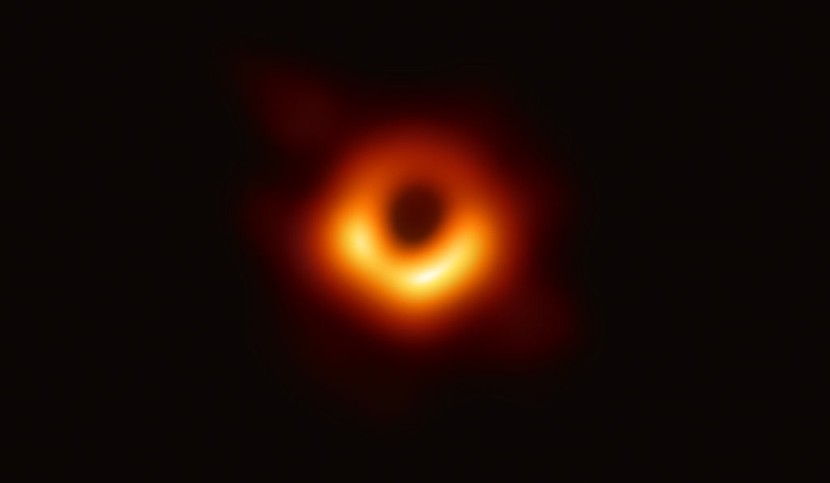
British Roger Penrose, German Reinhard Genzel, and American Andrea Ghez were granted the 2020 Nobel Prize for Physics on Tuesday for their discoveries about the black hole.
According to the Nobel Committee, Penrose was awarded half of 2020's prize "for the discovery that black hole formation is a robust prediction of the general theory of relativity." Genzel and Ghez were awarded the second half of the prize "for the discovery of a supermassive compact object at the center of our galaxy," reported The Christian Science Monitor.
Large Reward Money
Penrose will reportedly be granted half of the 10 million Swedish kronor (more than $1.1 million) prize. He helped improve the theoretical basis for the black hole in the 1960s by providing seminal mathematics evidence that black holes directly result from general relativity.
'The Darkest Secrets of the Universe'
According to Göran K. Hansson, secretary for the Royal Swedish Academy of Sciences, 2020's prize was about "the darkest secrets of the universe."
Penrose, a University of Oxford professor who worked with the late renowned physicist Stephen Hawking, indicated that black holes should be physical reality and backed Albert Einstein's General Theory of Relativity.
Black holes are the most massive and most mystical objects in the universe. This 2020's Nobel Prize for Physics acknowledges the primary importance of black holes in modern astrophysics.
Ghez and Genzel were awarded half of the Nobel Prize award for their detection of what is considered the universe's most popular depiction of the phenomenon -- the supermassive black hole named Sagittarius A* at the Milky Way's center.
Background on Black Holes
The physics that explains black holes originate from Einstein's general theory of relativity (GR). It is over a century old and was initially recognized as a theory of unparalleled mathematical hurdles.
The three scientists awarded explained to the globe that the dead ends of the cosmos that are still not wholly deciphered but are deeply linked somehow to the galaxies' development.
According to Penrose, black holes pique the interest of people due to "the idea of some monster out there sucking everything up is a pretty weird thing." He continued that our galaxy and nearby galaxies "will ultimately get swallowed by one utterly huge black hole. This is the fate, but not for an awfully long time, so it's not something to worry too much about," reported Hindustan Times.
Penrose's Discovery
Penrose invented new mathematical ideas and methods while developing this evidence. The equations that Penrose procured in 1965 have been used by physicists evaluating black holes.
Ghez' Description of Black Holes
According to Ghez, who was also awarded the Nobel Prize, black holes "really represent the breakdown of our physical understanding of the laws of physics." She continued that assessing such exotic objects "pushes forward on our understanding of the physical world," reported Science News for Students.








